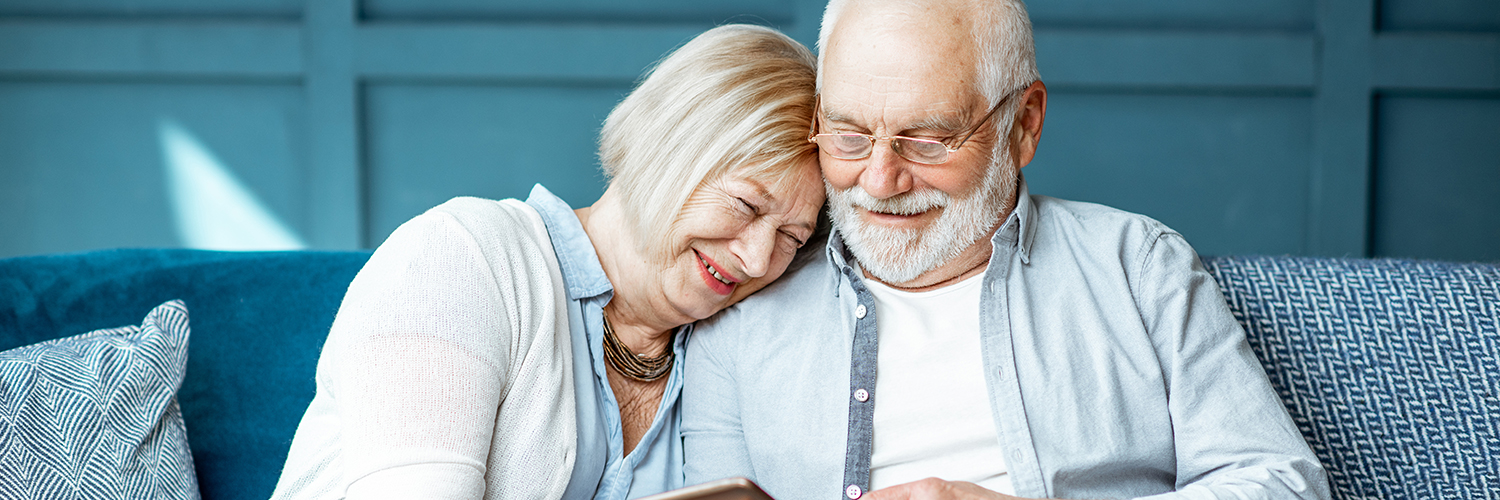MRI FOR HEART DISEASE
What is an MRI for heart disease?
A test that produces high-quality still and moving pictures of the heart and great vessels. MRI uses large magnets and radio-frequency waves to produce pictures of the body’s internal structures; no x-ray exposure is involved. MRI acquires information about the heart as it is beating; creating moving images of the heart throughout its pumping cycle.
Your doctor uses the MRI to evaluate:
- The anatomy and function of the structures of the chest: heart, great vessels and pericardium
- Presence of disease: ischemic heart disease, thoracic aortic disease, pericardial disease, right ventricular abnormalities, cardiac tumors, valve disease, heart muscle disease (cardiomyopathy), pulmonary artery disease and complex congenital heart disease
How to prepare:
- If you are not claustrophobic (fear of closed spaces):
- You will not require any sedation.
- Eat as usual.
- Take your medications as usual.
- If you are claustrophobic:
- You may ask your doctor to schedule your MRI with sedation (a medication to help you relax).
- If you take a sedative, you may not eat any solid food for six hours prior to receiving your sedative to avoid nausea. You may have clear liquids (apple juice, jello, black coffee or tea, water) up to two hours prior to your medication time.
- You may take your regular medications unless your doctor advises against it.
- For your safety, bring a companion to drive you home.
- Take your regular medication with sips of water
- If you do not require sedation, do not request it.
- The MRI uses powerful magnets to create its images. For your safety, anyone undergoing a scan should be free of certain metallic or magnetic items. Inform the MRI staff if you have any metallic implants or any metal under the skin. Most metallic implants, such as sternal wires and mediastinal clips used for heart surgery, pose no problem. However, some conditions may make an MRI inadvisable. Tell your doctor if you have any of the following conditions:
- Implanted pacemaker or defibrillator
- Cerebral aneurysm clip (metal clip in a blood vessel in the brain)
- Pregnancy
- Implanted insulin pump, narcotic pump or implanted nerve stimulators (TENS) for back pain
- Metal in the eye or eye socket
- Cochlear (ear) implant for hearing impairment
- Some stents – while most stents are safe, some stents may not be (for example, the Zenith AAA Endovascular Graft)
- Wear a shirt or blouse that can be easily removed. Women should wear a bra that can be easily removed prior to the examination. You may wear metal-free pants, such as sweatpants with elastic bands, during the test. A gown will be provided. Leave these items at home, if possible:
- Belt buckles
- Metal zippers
- Snaps
- Watches
- Wallets with bank or credit cards with magnetic strips
- An MRI technologist will prepare you for your scan.
- You will change into a hospital gown.
- The technologist will place small sticky, electrode patches on your chest and back. Men may expect to have their chest partially shaved to help the electrodes stick. The electrodes are attached to an electrocardiograph (ECG) monitor, which charts your heart’s electrical activity during the test.
- Most likely, an intravenous (IV) line will be inserted into a vein in your arm for non-iodine based contrast (dye) administration.
- The MRI scanner unit is a long tube that scans the body as you lie on a platform bed. It is fully lit and ventilated, and open at both ends. An intercom system allows you to talk to the scanner operators during the test. You will lie on your back on the scanner bed, with your head and legs elevated for comfort. During the exam, you will be asked to lie as still as possible. The technologist will ask you to hold your breath periodically for short periods in order to reduce blurring of the images from breathing motion.
- During scanning, you may hear loud banging noises, which can be muffled with headphones or earplugs you will receive before scanning begins.
The MRI scan takes about 30 to 75 minutes, depending on the extent of the imaging needed.
- If you received sedation:
- The MRI nurse will give you instructions on when you can eat, drink and return to normal activities.
- A companion should drive you home.
- If you did not receive sedation, you may resume your usual activities and normal diet immediately.
- Your physician will discuss the results of your test with you.
What I valued as much as his erudition was his people skills, he related to everyone as an individual, his understanding, communications, interactions and personable nature were exceptional. Dr Ubaid was quite simply staggering, he is somebody that has had a significant impact on me, not just for giving me my life back and for his medical genius but for being the person that he is.
Your kindness and good humour were very much appreciated and certainly put me at ease throughout the procedure, which on other ocassions has been quite daunting, your relaxed approach to my problem was very calm and professional.
A great team player, all of the nursing staff are very happy to work with Salahaddin as he is polite, efficient, and has a great aura of calmness and competence and appreciates the time to be light-hearted.
In life we all need role models, if I was in training to be a doctor you would certainly fit that role for me. I thank you so much for what you have done to allow me to continue with my fitness regime and wish you well in the life ahead of you.
Dr Ubaid works well with all the staff. His approach to his fellow workers is both patient and respectful. His easy going manner makes him very approachable to ask advice and he accommodates any delays graciously. I personally look forward to working with him.
In Dr Salahaddin Ubaid I had a medical genius who also contributed significantly to aiding me overcome all of the negative worries and emotions I was feeling. The care he provided to me, his attention to detail, his personal knowledge, expertise, experience and skills was outstanding.
His presence radiates a warmth, he instils confidence in all those around him, he sets an example for others to follow and is a role model for others to aspire to be like. He was kind, courteous, professional, understanding, caring and highly approachable and relatable as well as the medical guru we all benefit from and rely on to give us our lives back.






